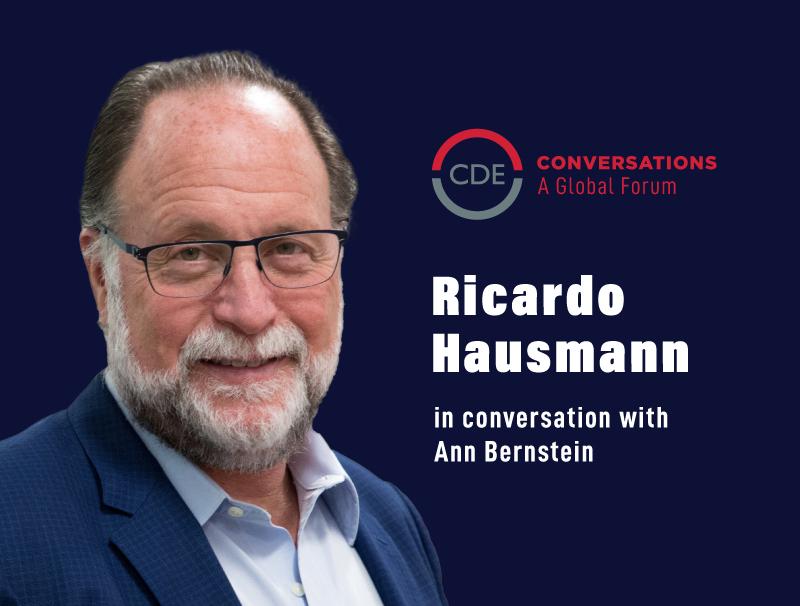
- Prof Francis Fukuyama of Stanford University spoke about the difficulties of governance in much of the developing world and emphasized the importance of politics in getting development right at a CDE event in 2013.
- Neopatrimonialism is now commonly understood to be at the core of sub-Saharan Africa’s development problem and has arisen because a powerful private sector is absent.
- This is because the pressures for clientelistic distribution are the strongest in countries with very sharp class stratification, and where a large number of very poor people are left out of economic growth.
- The problem with populism is not that it fails to take care of poor people, but that it does so in a clientelistic and unsustainable way. Clientelism is also the easiest way for politicians to mobilise voters—offering them individual benefits, such as a job in government.
- Fighting against those forces is extremely difficult and the challenges never really go away. The only solution is actually to implement more sensible kinds of distributive policies.
Photo credit: Max Pixel



